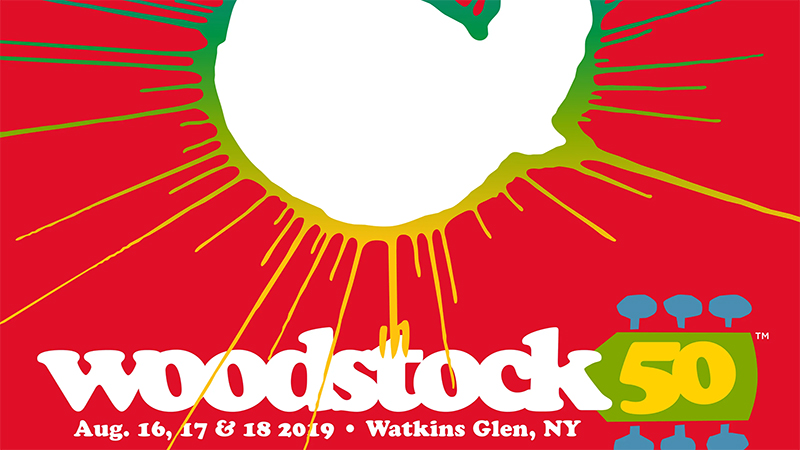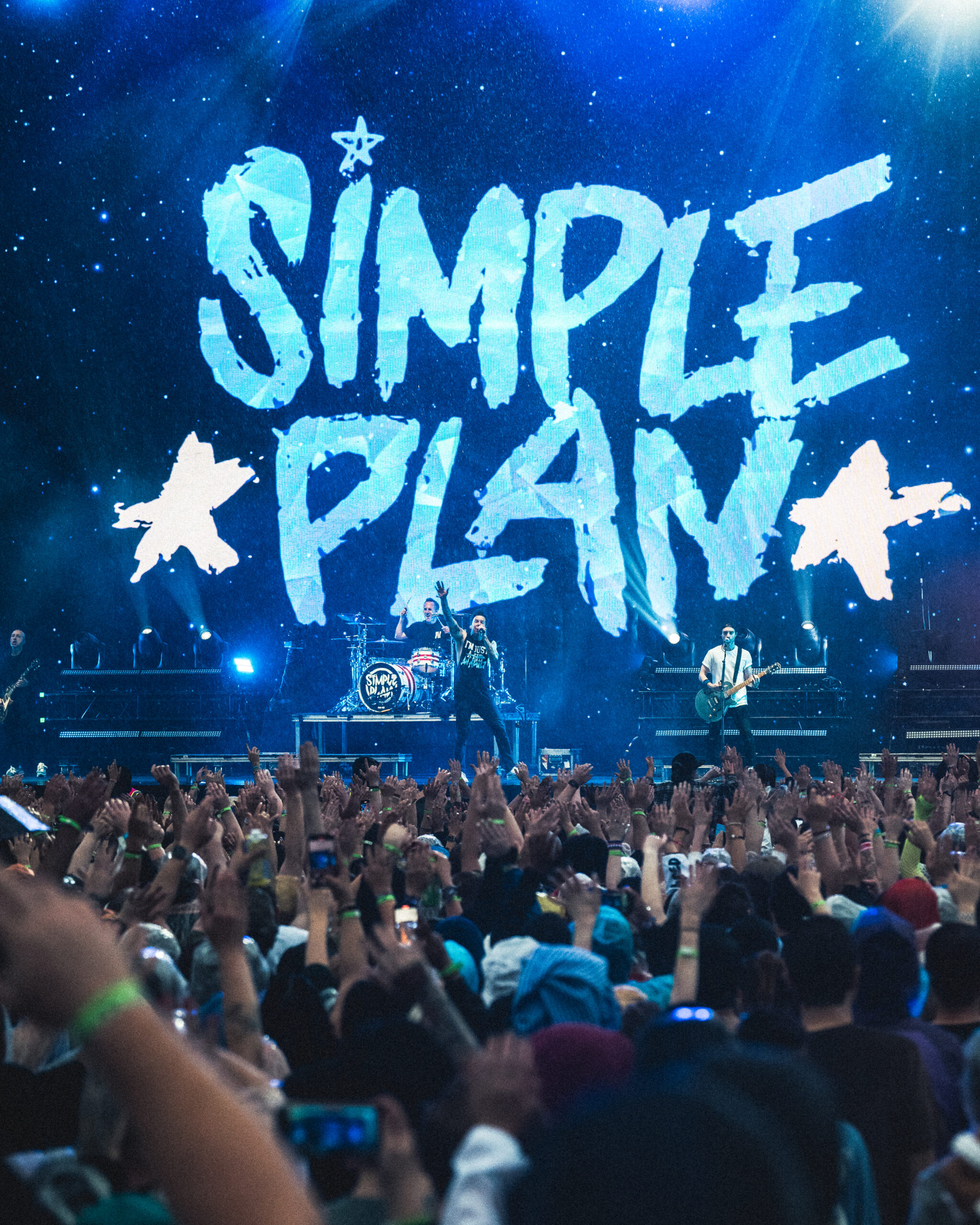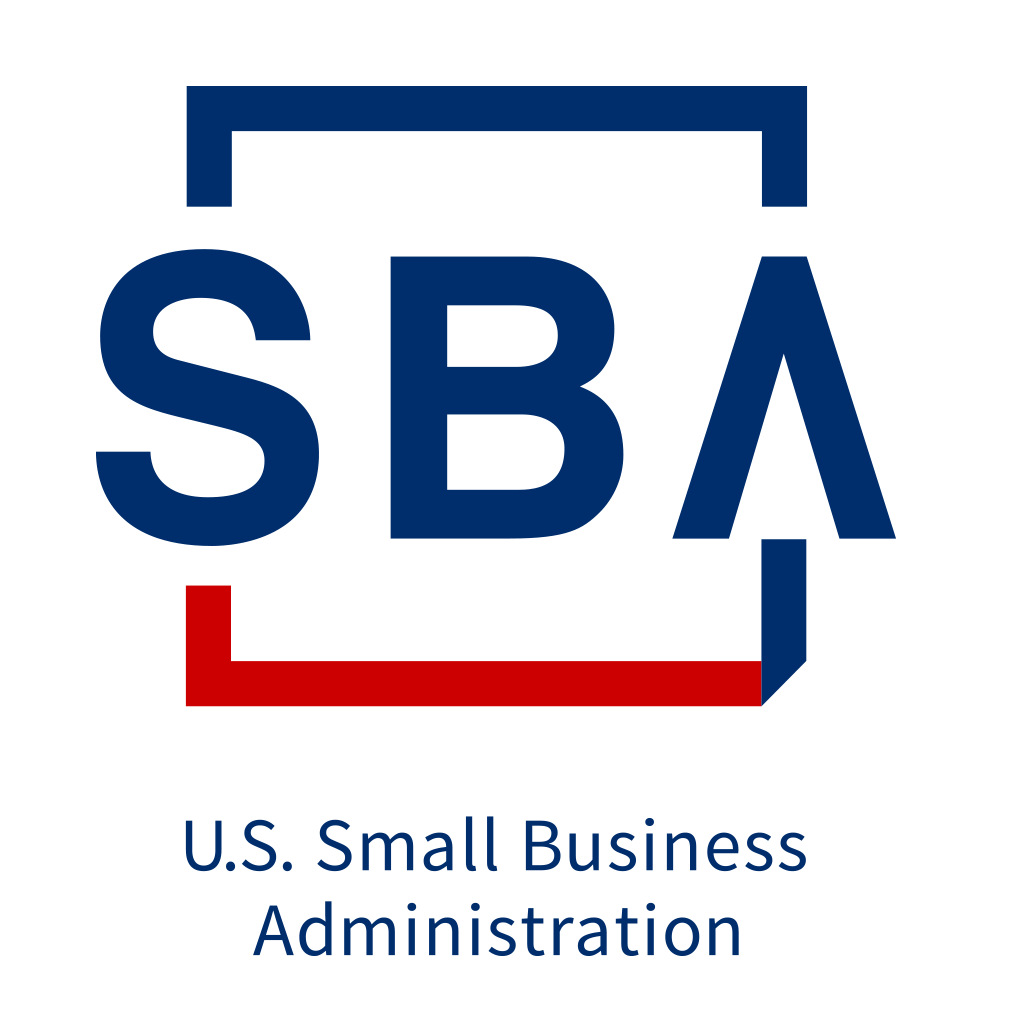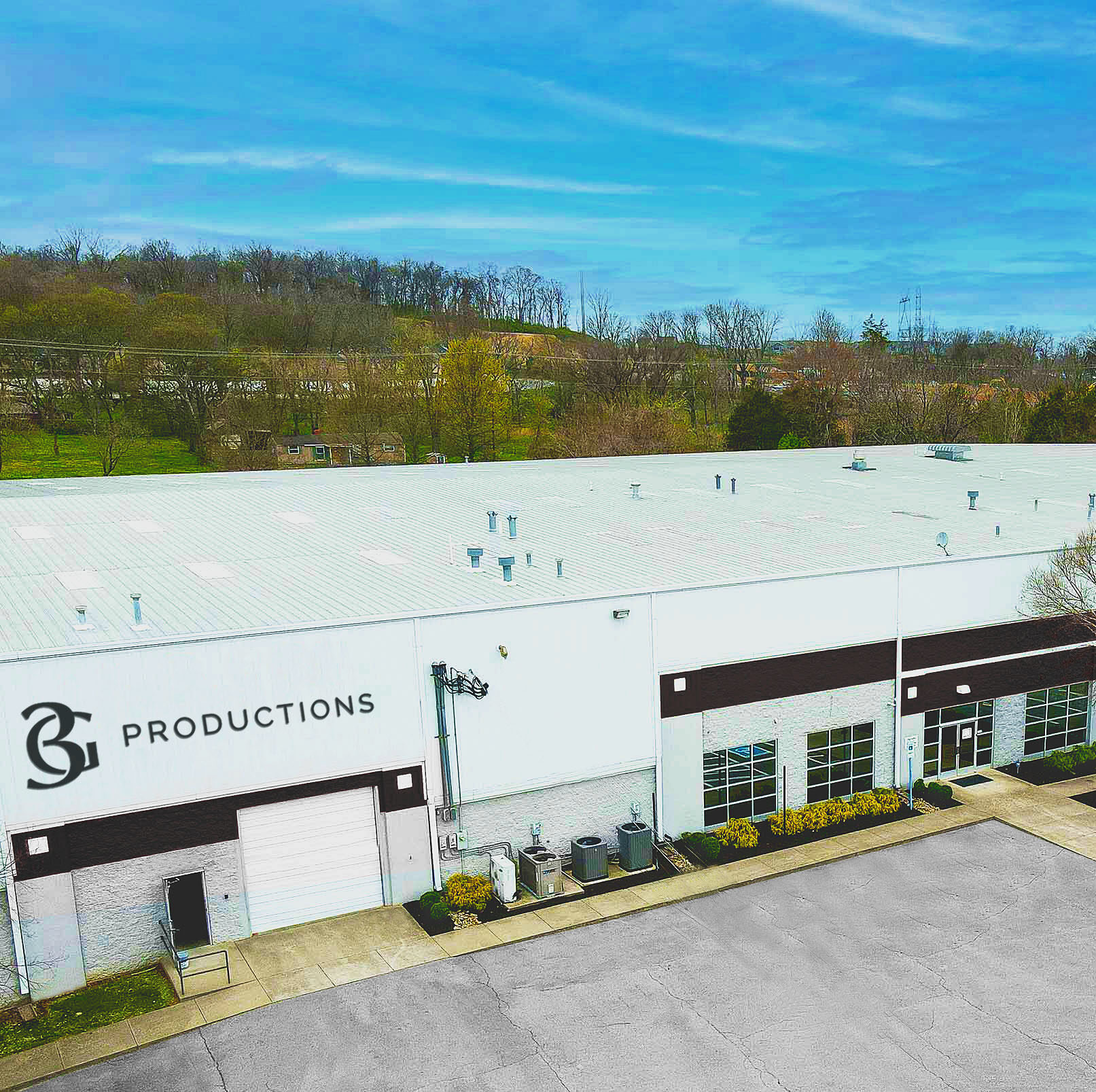
COLUMBIA, MD — The saga of the Woodstock 50 festival, with an ambitious lineup of classic rock, rap and pop artists that were supposed to converge for three days in mid-August, first in Watkins Glen, NY, then in Vernon, NY and finally in the Washington DC area, has officially come to an end.
On July 31, Michael Lang, co-founder of the original Woodstock and a driving force behind Woodstock 50, issued a statement citing “unforeseen setbacks.” Lang thanked “the artists, fans and partners who stood by us, even in the face of adversity.”
Lang also noted that while Woodstock 50 was canceled, other celebrations of the milestone, including performances planned at the Bethel (NY) Center for the Arts, would continue.
Announced in January, Woodstock 50 organizers pumped up expectations for six-figure crowds converging on Watkins Glen to see 70 acts perform on three stages, and in March, the lineup was announced. Original Woodstock alums like Santana, John Fogerty and David Crosby would be performing along with top rock, rap and pop artists of today, including Jay-Z, The Killers, Dead & Co., Chance the Rapper and Imagine Dragons.
Things started to look shaky, however, in April. The Black Keys backed out early in the month, citing unspecified scheduling conflicts. And later in April, when ticket sales were expected to start, organizers announced that the start date would be postponed beyond the target of April 22 (Earth Day).
Then the major tremors hit on April 29, when financial backer Dentsu Aegis Network withdrew a reported $17 million that they had provided for the festival, while also issuing a public statement that the event would be canceled. Days later – May 1 – production company Superfly also announced that it was backing out.
By mid-May, Lang was squaring off with his former financial backer, Dentsu, in court. A New York State judge ruled that while Dentsu could not cancel the festival, Lang and others pushing for the event could not get Dentsu’s money back.
By early June, however, management at Watkins Glen International Speedway, citing late payments on agreed-upon fees, terminated their agreement with Woodstock 50’s organizers, and a second potential production partner, CID Entertainment, which some had expected to step up and fill the void left by Superfly, made clear that they would not be participating in the event, either.
By July 25, hopes emerged for a scaled-down event, tentatively titled “Woodstock 50 Washington,” according to Rolling Stone. A spokesman for the Merriweather Post Pavilion told the magazine that organizers were in discussions with artists. “If the bands come, we’ll produce the show,” said amphitheater operator Seth Hurwitz.
But the radical change of venue led to a wave of artist cancellations in the last week of July, which prompted Lang and Greg Peck, principal of Woodstock 50, to finally throw in the towel July 31. “We are greatly disappointed and thank all of our supporters,” Peck said, in a statement. “Woodstock’s values of peace and tolerance are more important today than ever for all of us to stand for and we look to the future for ways to honor and celebrate these ideals.”



